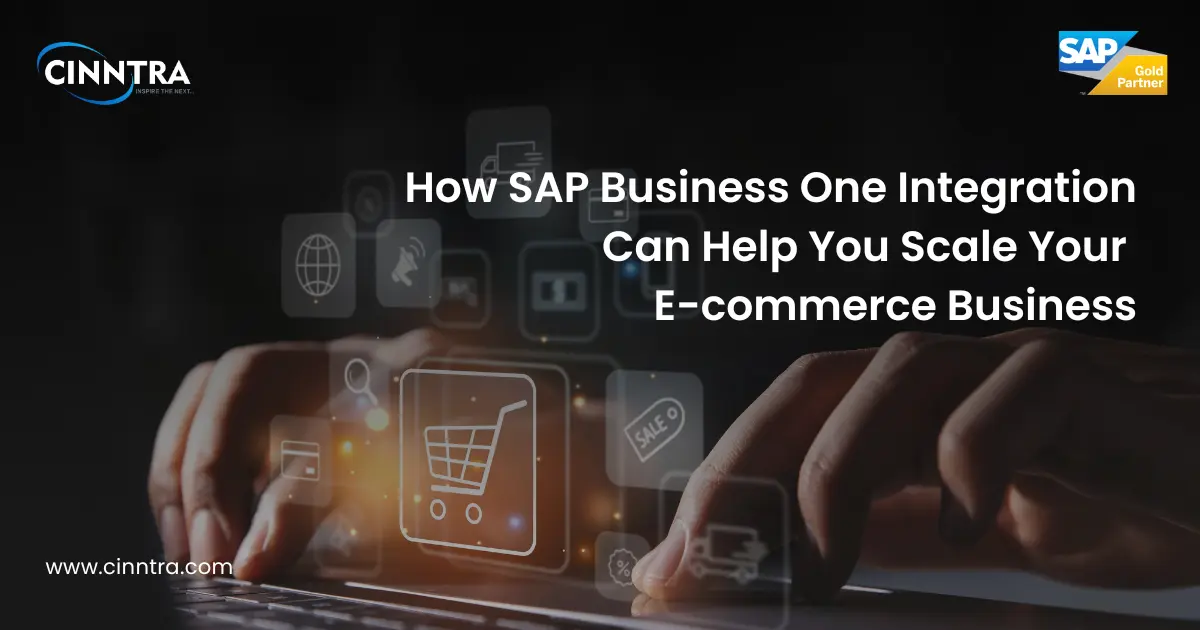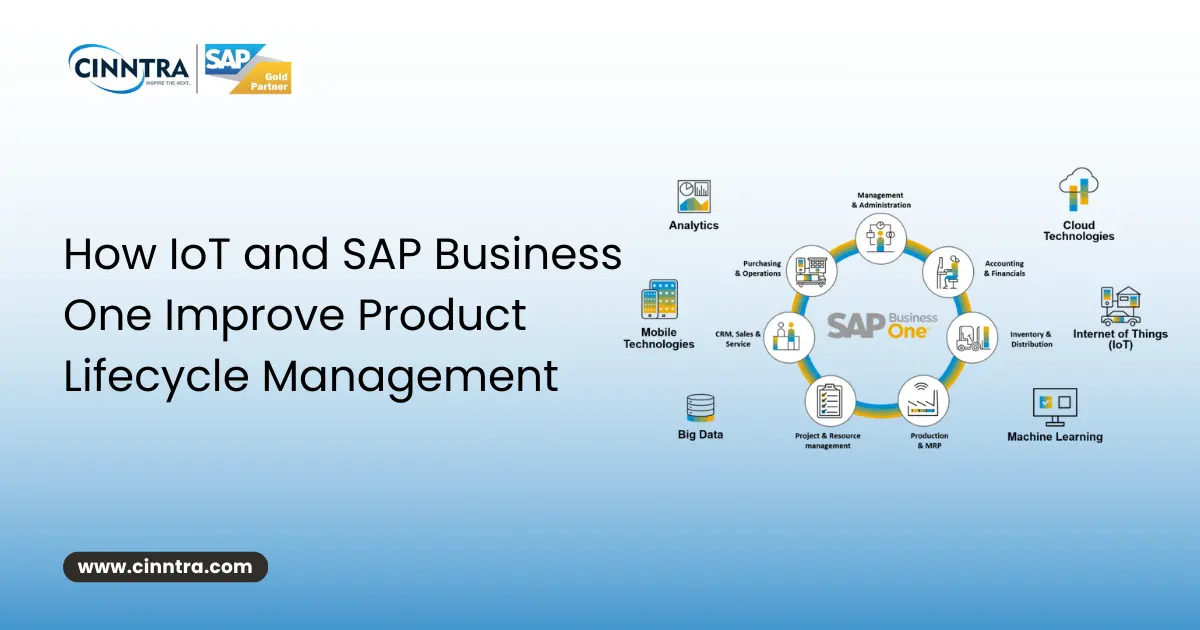SAP Business One Implementation Best Practices for Small Businesses

SAP ERP is the leading business management software solution that caters to small and medium-sized enterprises (SMEs). It can automate business processes by offering real-time Data and support growth.
SAP Business One Implementation is a tedious task that might take weeks and months. Therefore, one needs the right implementation partner that follows the best practices for the business.
SAP B1 integrates key business functions like operations, accounting, human resources, and sales that offer a single source of centralized data. It can be tailored to meet unique business needs across various business verticals.
Unveiling the Best SAP Business One Implementation Practices for the Small Business
SAP Business One requires thorough planning and effective management. It needs a deep understanding of the organizational process. One can only prepare the right solution only after getting through the business blueprints to serve the best possible solution.
Implementing SAP Business One requires effective management, comprehensive understanding, and careful planning of business needs.
By following the right business practices, you can fortify sustainable implementation practices that can transform your business operations and support growth.
1. Strategic Planning
Strategic planning involves practices that build the foundation of the successful SAP ERP implementation. For this, business partners take time to identify the business objectives, goals, needs, and other prerequisites. Further, it involves understanding the gaps in current systems and processes leading to degrading productivity. Partners can further decide the way SAP can fill those gaps.
For this, the implementation partner conducts a SWOT (Strengths, Weaknesses, Opportunities, And Threats) analysis to evaluate the potential and challenges involved with the implementation. It will help you select the right implementation strategy to manage overall business productivity.
2. Project Management
Look for an implementation partner that offers you a dedicated project manager with the correct understanding of your business for an efficient implementation. The project manager can watch out for the entire SAP Business One implementation process to coordinate with various stakeholders.
These managers ensure that projects have every module in the correct order. They can also watch the cost aspect of your business to keep the project under budget. They will act as a mediator between the implementation team and key decision-makers within the company.
3. Team Participation
It is necessary to keep all the stakeholders on the same page across various departments to keep transparency in the organization. The input can provide valuable insights into unique needs to challenge the things to be addressed during the implementation.
Professionals participate with process owners, department heads, and end users to understand business workflow. You can further incorporate this information into an implementation plan. This collaboration assists you in customizing SAP Business One to suit your business needs. It ensures a higher level of user adoption.
4. Software and Support Training
Training is crucial to elevate the capabilities of SAP ERP. It can ensure your team can use the right system effectively. Invest in the right partner that offers comprehensive training programs for your employees. It covers both the financial and training aspects of the ERP to provide relevant business processes.
For this, implementation partners offer regular training sessions and workshops to keep your team updated on various fronts. These aspects cover areas like system enhancement, best practices, and new features. It encourages knowledge sharing to establish a culture of continuous learning within the company.
5. Data Migration Services
Data is the main backbone of any business. The right data migration ensures all the relevant data from the existing data systems are transferred to SAP Business One efficiently. Before migration, it is crucial to validate and clean up the data to remove the errors and inconsistencies.
Further, you need to develop a data migration strategy that includes data cleansing, data mapping, and verification processes. It tests the migrated data thoroughly to ensure completeness and accuracy. Professionals prefer initiating a parallel run where both the existing system and SAP B1 are used simultaneously to validate the migrated data.
6. Concise and Conscious Customization
SAP ERP offers flexibility in customization that allows you to tailor the system to meet specific business requirements. It offers flexibility to customize and tailor the system according to the specific needs of the system. Further, it is crucial to strike the right balance between standard regulations and customization.
Over-customization can construct a complex chain of tasks that can become difficult to handle. It leads to increased potential issues and maintenance efforts during future upgrades. It evaluates the necessity of the right customization request to carefully see long-term implications. You get to stick to the necessary customization to keep the right changes while keeping the standard system and minimizing issues. It ensures compatibility with future updates.
7. ERP Testing
ERP testing is among the crucial parts of the implementation process to identify and resolve any issues, errors, and bugs before making the system go live. Develop a detailed testing plan involving user acceptance testing, system testing, and performance testing.
System testing involves the verification of functionalities and modules of SAP Business One to perform correctly. User acceptance testing improves end-users to test the system and offer feedback on its effectiveness and uses. Performance testing ensures the system can handle the expected workload to perform efficiently. With this, document and address the issues identified during testing and retest after making the right adjustments.
8. After Implementation Review
After the implementation system goes live, it is indispensable to conduct a post-implementation review. It helps you evaluate the effectiveness of the implemented system to identify the areas of improvement. It further crosschecks whether the desired goals and objectives of the project are fulfilled or not.
Gather feedback from key stakeholders and end-users to gain real-time insights into the system performance to identify the areas for further optimization. Use this feedback to create the necessary adjustments, enhancement, or additional training to accomplish the perfect SAP b1 ERP Implementation.
Make The Right Implementation for Your Success!
So, if you are using ERP for SMEs, then, you must ensure proper implementation. By following all the tactics, you can get the proper implementation to transform your growth and support your business.
Further, it is vital to include stakeholders by providing them with ample training to carefully manage the data migration process. It will help you resolve the data management hurdles by helping you in selecting the right business implementation approach. With the correct SAP Implementation, it can significantly improve organizational productivity, advantage, and efficiency.



0 Comments